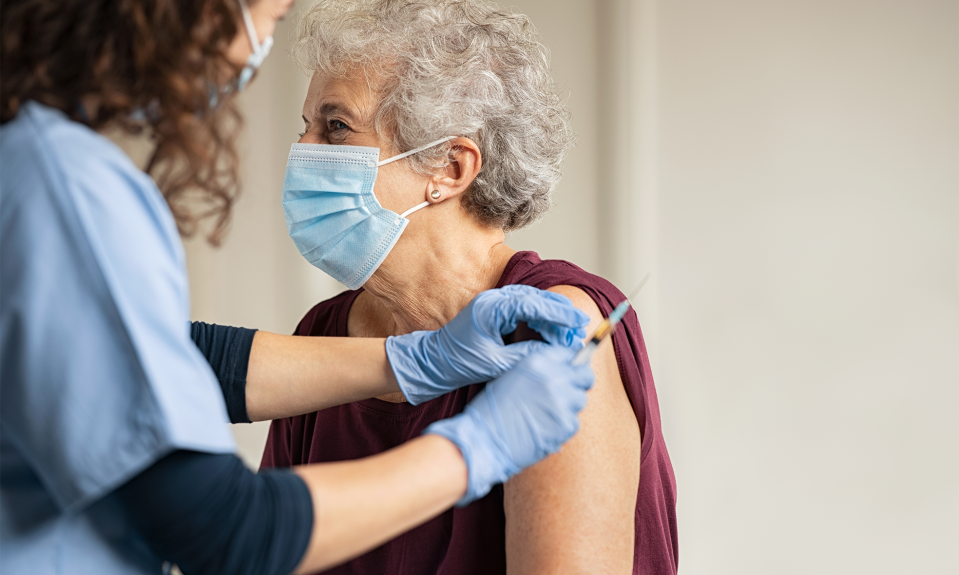Dr. Lisa Charbonneau is chief medical officer of Encompass Health, a national leader in facility- and home-based care. Realizing that inpatient rehabilitation is a unique care setting that requires a different approach to infection control, Charbonneau helped in developing infection control protocols and procedures specific to inpatient rehabilitation hospitals.
Below, Charbonneau discusses how those protocols and procedures have changed in an effort to protect both patients and employees from COVID-19 and how this new virus is changing healthcare.
How has COVID-19 changed operations and infection control protocols in your hospitals?
We are following our existing infection control protocols and elevating them in light of the COVID-19 pandemic. That means we are limiting visitors to primary caregivers, who require training in order to safely discharge a patient home. We will only train one primary caregiver at a time. The primary caregiver is an integral part in a patient’s care plan in inpatient rehabilitation, so we still need them working with our clinicians. Therapy will continue in our gyms, but we will be following the CDC’s social distancing recommendations, and we will continue to clean equipment after each use. To learn more about how we at Encompass Health are responding to this pandemic, visit our Coronavirus Resource Hub for our latest updates.
With a national footprint that spans 37 states, how are you staying up-to-date on the latest news?
We have formed a task force made up of company leadership with a variety of backgrounds both clinical and non-clinical. We meet several times a day to monitor the outbreak and address any concerns we have coming out of our hospitals and home health locations. We’re looking at the latest recommendations from the CDC and making sure that all our clinical teams are aware of them and following them. We’re also looking at recommendations and mandates from the states in which we operate. These are continuously changing, and we are monitoring them closely to ensure we are in compliance with these recommendations and mandates.
What are some misconceptions about this virus?
I think the biggest misconception is that if you are young and healthy, you don’t need to worry about COVID-19; you don’t need to shelter at home; you can go about business as usual. While it’s true that a young, healthy person is less likely to get severely ill from the virus, they could put others at risk who will get very sick. Those 65 and older and those with underlying medical conditions such as lung and heart disease are at a greater risk of becoming severely ill if they contract COVID-19. While you may not fit either of those descriptions, you could spread the virus to them. We all have to play a role in preventing the spread of COVID-19. That means practicing social distancing, washing hands frequently, and if possible, staying home.
How do you think this may change healthcare in the future?
I think the pandemic shows how important it is to have good communication between both clinical and nonclinical staff in managing emergencies such as this one. We all have the same goal—to ensure safe and effective care to our patients in a manner that does not put our clinicians and other frontline workers in harm’s way.
The content of this site is for informational purposes only and should not be taken as professional medical advice. Always seek the advice of your physician or other qualified healthcare provider with any questions you may have regarding any medical conditions or treatments.


